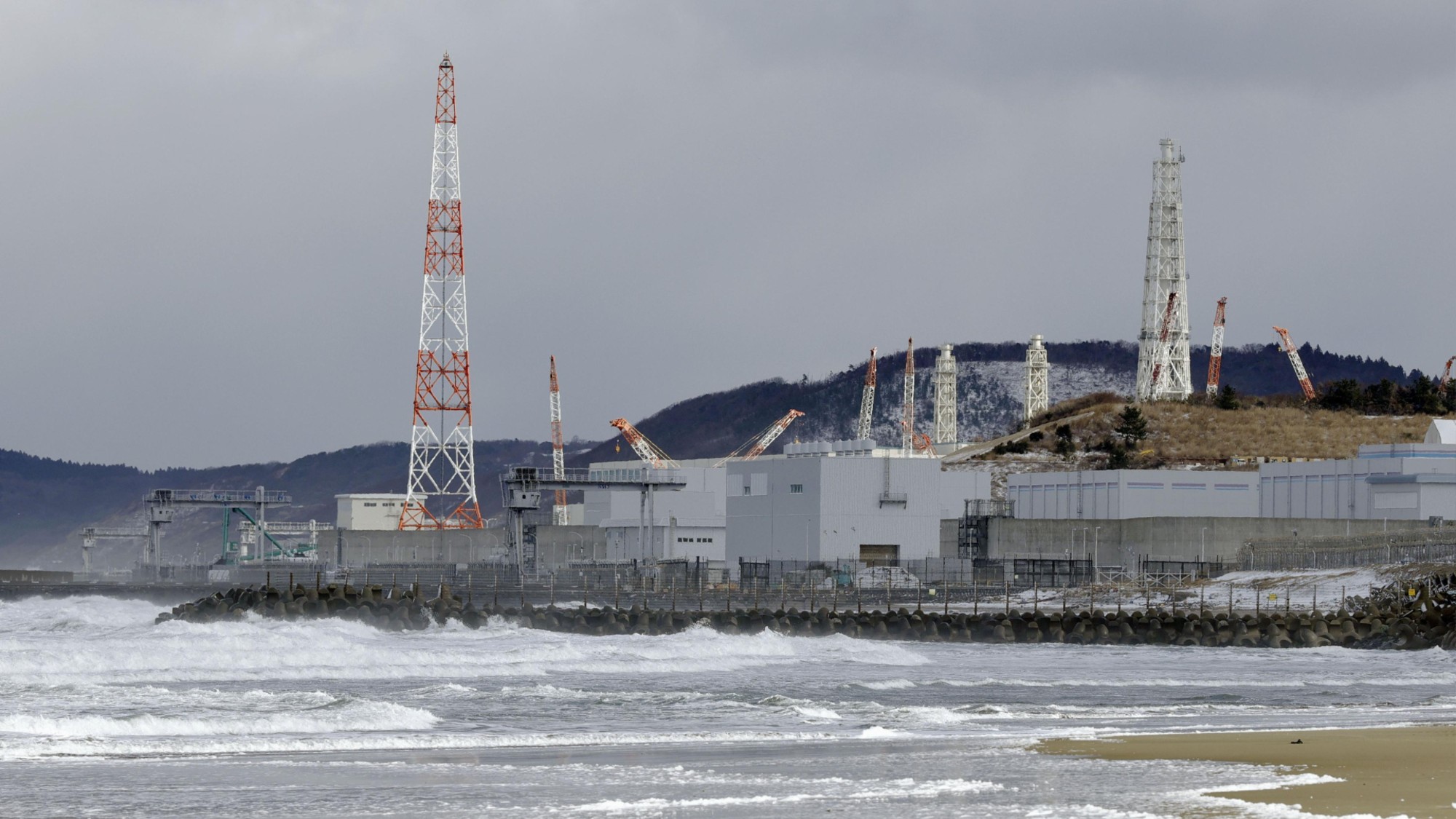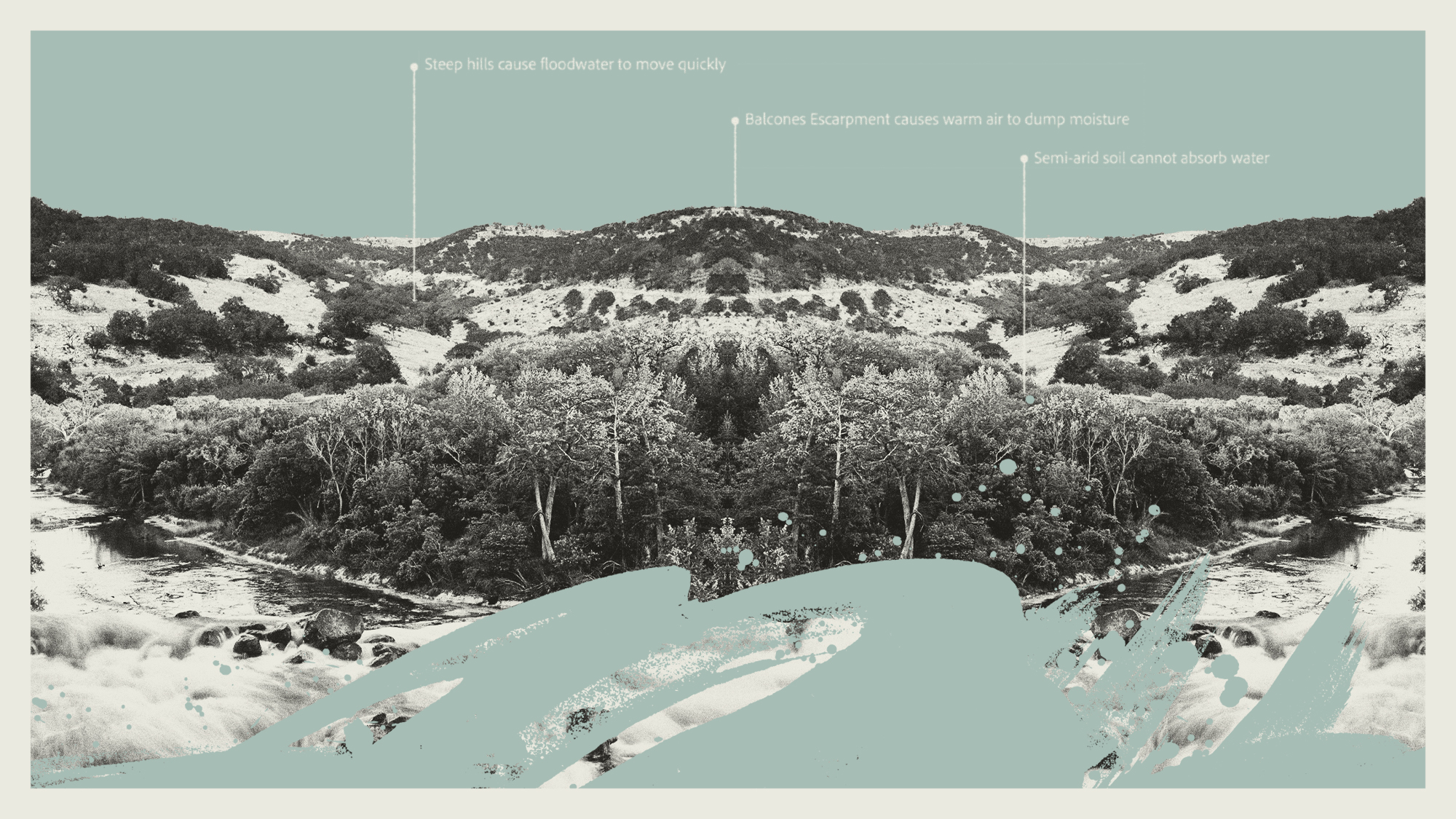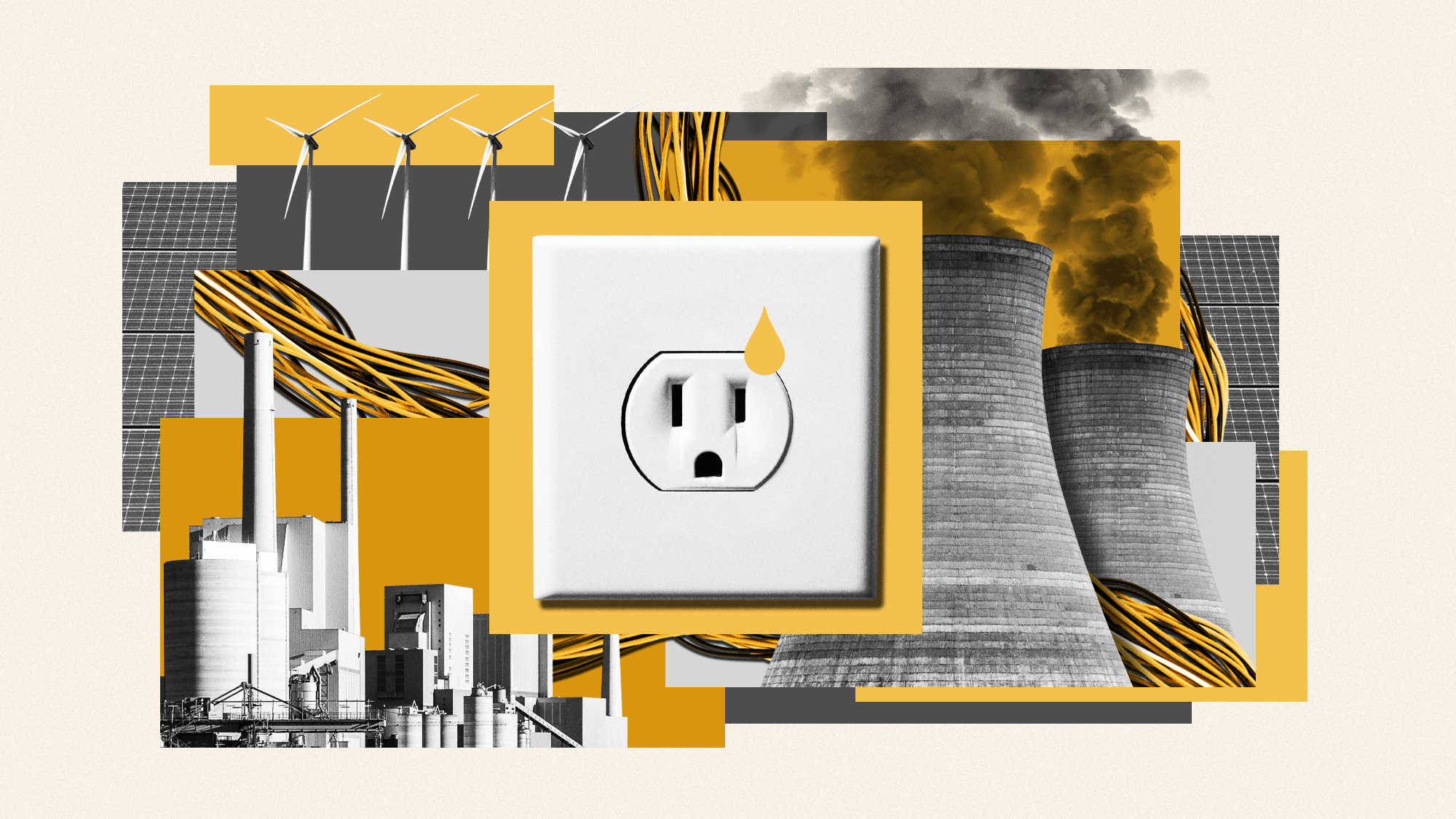Does the UK need more North Sea oil and gas?
Experts say new drilling can’t ‘magically’ stop output collapse

A free daily email with the biggest news stories of the day – and the best features from TheWeek.com
You are now subscribed
Your newsletter sign-up was successful
Rishi Sunak’s announcement that he will allow more drilling in the North Sea has led to new questions over the future of UK energy policy.
On a visit to Aberdeenshire, the home of Britain’s oil and gas industry, Sunak confirmed that he plans to issue at least 100 new oil and gas licences in the North Sea, in a bid to maximise domestic extraction of fossil fuels.
The Scottish Green Party has described the announcement as “utterly reckless” but the prime minister insisted that granting the new licences was “entirely consistent” with net zero commitments and would make Britain more energy-independent.
The Week
Escape your echo chamber. Get the facts behind the news, plus analysis from multiple perspectives.

Sign up for The Week's Free Newsletters
From our morning news briefing to a weekly Good News Newsletter, get the best of The Week delivered directly to your inbox.
From our morning news briefing to a weekly Good News Newsletter, get the best of The Week delivered directly to your inbox.
What did the papers say?
Sunak’s announcement drove a “political wedge” between the Tories and Labour, wrote Ed Conway, economics & data editor for Sky News, but the “brutal truth” is that both parties are “making a lot of noise over something which is very marginal indeed”.
By 2030, he explained, “we’ll be consuming about 53 million barrels of oil equivalent (BOE)” and our native gas production will be “just under 15 million BOE”.
Even if we “went hell for leather with exploration”, he wrote, “that would probably only add an extra two million BOE of gas”, which is “barely more than a rounding error”.
Many of the new 100 licences won’t result in new production, said New Scientist. Even with the licences, the UK’s oil and gas industry will “remain in a state of managed decline” because stocks are simply starting to disappear, it added.
A free daily email with the biggest news stories of the day – and the best features from TheWeek.com
New licences “don’t really make any difference when the North Sea is running out anyway”, Adam Bell, a former head of energy strategy for the UK government’s energy department, told the magazine.
The oil and gas industries “are not going to magically find a new field that makes up for the vast collapse in output the field has seen over the last two decades”, he added.
There are also “several problems” with the government’s claim that increasing UK oil and gas extraction would help reduce our reliance on Russia and other countries, wrote Simon Roach for Channel 4 FactCheck.
“Even if companies extracted more oil and gas from UK land and waters, they’d be under no obligation to sell it to UK energy companies”, said Roach, “never mind at any lower price”.
It’s “encouraging to see some decisive action in support of the North Sea just as it was becoming politically fashionable to trash it”, wrote chemical engineer Sanjoy Sen for Conservative Home.
But “it will take more than North Sea oil and gas to deliver British energy security,” he added, calling on the government to “kick-start” Scotland’s Carbon Capture & Storage project, which “takes carbon dioxide (CO2) emissions” and “stores them underground, thus preventing them entering the atmosphere”.
Sen also felt that “if we are to reduce our dependence on imported fossil fuels and cut emissions”, there’s also “no escaping the necessity for (lots) more nuclear” energy projects.
What next?
Businesses are putting pressure on the Tories and Labour over their energy policies, with both parties accused of putting future investment in doubt.
Labour has said that it will not grant any further licences for new exploration, but “it has not made clear” whether it would prevent companies that have discovered oil and gas with existing licences from “gaining the permits necessary to develop the fields and start production”, said The Times.
The head of BP, Bernard Looney, told the paper that his company is in the dark about Labour’s policy on North Sea oil and gas drilling and that it is “too early to tell” how it would affect potential investments.
The Telegraph called on the opposition to come clean. Which energy companies are going to invest in the North Sea if a Labour government is going to “shut them down?” asked the paper in a leader comment. Therefore, Sir Keir Starmer “needs to be clear about his party’s policy” or “risk spending his time in No. 10 in darkness should he get there”.
Andrew Forrest, an Australian mining entrepreneur, told Bloomberg that he would reconsider his position in the UK if Sunak pursued “clickbait” policies.
“If I see this country steering itself over a cliff backing fossil fuel, I am going to start pulling out,” he said. He would “push” his investments “over to North America”, he explained, because he “must invest where I know I have proper leadership, not leadership which is on a clickbait cycle”.
Could Sunak benefit politically from the announcement? On the basis of a “solitary and surprise by-election victory in Uxbridge”, wrote Jack Kessler in the Evening Standard, the PM has “concluded he must trash the Conservative Party’s record on the environment”.
If this “latest anti-green policy” is “an attempt to claw back public support, it is likely to fail”, he added, because Sunak is “over-interpreting” the Uxbridge result and because his personal popularity rests on a perception that he is “more moderate and more competent than the Conservatives as a whole”.
Chas Newkey-Burden has been part of The Week Digital team for more than a decade and a journalist for 25 years, starting out on the irreverent football weekly 90 Minutes, before moving to lifestyle magazines Loaded and Attitude. He was a columnist for The Big Issue and landed a world exclusive with David Beckham that became the weekly magazine’s bestselling issue. He now writes regularly for The Guardian, The Telegraph, The Independent, Metro, FourFourTwo and the i new site. He is also the author of a number of non-fiction books.
-
 Local elections 2026: where are they and who is expected to win?
Local elections 2026: where are they and who is expected to win?The Explainer Labour is braced for heavy losses and U-turn on postponing some council elections hasn’t helped the party’s prospects
-
 6 of the world’s most accessible destinations
6 of the world’s most accessible destinationsThe Week Recommends Experience all of Berlin, Singapore and Sydney
-
 How the FCC’s ‘equal time’ rule works
How the FCC’s ‘equal time’ rule worksIn the Spotlight The law is at the heart of the Colbert-CBS conflict
-
 Fifteen years after Fukushima, is Japan right to restart its reactors?
Fifteen years after Fukushima, is Japan right to restart its reactors?Today’s Big Question Balancing safety fears against energy needs
-
 Can the world adapt to climate change?
Can the world adapt to climate change?Today's Big Question As the world gets hotter, COP30 leaders consider resilience efforts
-
 Why are flash floods in Texas so deadly?
Why are flash floods in Texas so deadly?Today's Big Question Over 100 people, including 27 girls at a summer camp, died in recent flooding
-
 What are Trump's plans for the climate?
What are Trump's plans for the climate?Today's big question Trump's America may be a lot less green
-
 Starmer vs the farmers: who will win?
Starmer vs the farmers: who will win?Today's Big Question As farmers and rural groups descend on Westminster to protest at tax changes, parallels have been drawn with the miners' strike 40 years ago
-
 Is Cop29 a 'waste of time'?
Is Cop29 a 'waste of time'?Today's Big Question World leaders stay away as spectre of Donald Trump haunts flagship UN climate summit
-
 Why is Mexico City running out of water?
Why is Mexico City running out of water?Today's Big Question Climate change and bad planning bring on 'Day Zero'
-
 Is America running out of electrical power?
Is America running out of electrical power?Today's Big Question The nation's power grid appears to be reaching critical levels due to emerging technologies